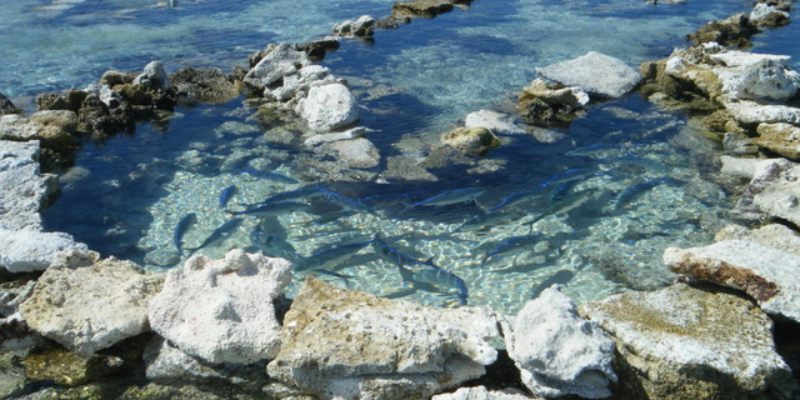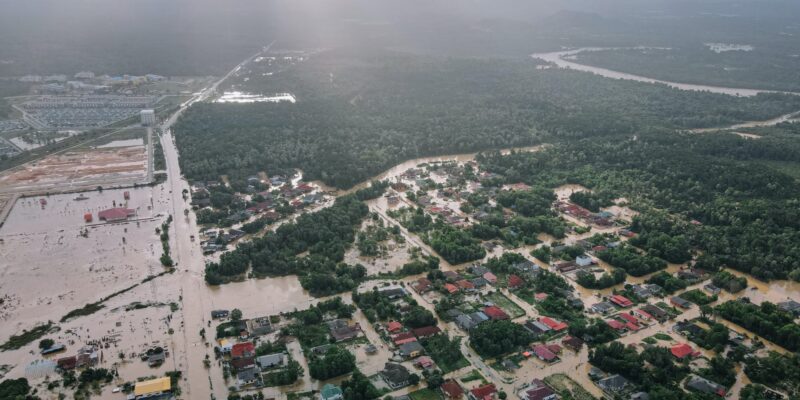Comment
Insights and expert analysis on climate issues.
Share


The controversial Scarborough gas project off Western Australia will cause a substantial rise in greenhouse gas emissions at a time when the world must rapidly decarbonise, new analysis shows.

The strongest reason to keep 1.5°C within reach? The climate crisis that is already upon us
Bill Hare, Dr Carl-Friedrich Schleussner
Just like most past climate conferences, COP26 delivered a mixed outcome, and people are entitled to feel angry, scared and frustrated at the glacial progress made. Glasgow was the first big test of Paris Agreement’s implementation and in particular its ambition ratchet-up mechanism – and it failed the test. Unpacking what happened at COP26, however, shows that there are grounds for hope.

Are you kidding, India? Your last-minute Glasgow intervention won’t relieve pressure to ditch coal
Bill Hare
Even though India managed to weaken the language on coal phase-out in the Glasgow Climate Pact, the pressure to ditch the fossil fuel is not going away.

Prime Minister Scott Morrison continues to claim Australia will “meet and beat” its current 2030 target of reducing emissions by 26-28% below 2005 levels. But our latest report shows almost all the emissions reductions will be the result of state government policies, and will have virtually nothing to do with the federal government. It also suggests that, given the almost total absence of substantial federal climate policies to date, Australia can do a lot more.

In this guest comment, the authors of a new study on the non-economic dimensions of loss resulting from climate change in the Pacific tell us about their findings — and how vulnerable communities are responding to these losses.

So far, 2021 has seen a summer of climate extremes in the Northern Hemisphere, bringing even the most developed and seemingly well-prepared nations to their knees. It has been clear for years that science underestimates the scope of increasing extremes, as climate models perform better for the mean. An immediate question follows: how can we prepare?